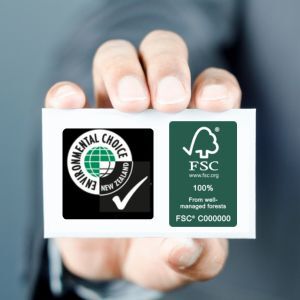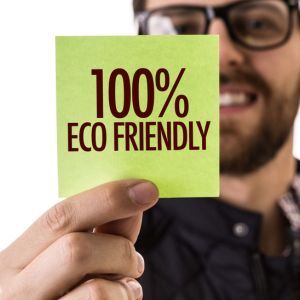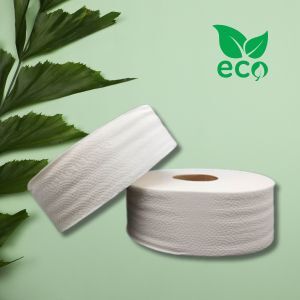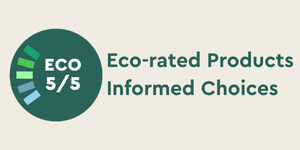Avoid Greenwashing: How to Choose Truly Eco Jumbo Toilet Rolls
As more New Zealand businesses move towards sustainability, the market for eco friendly toilet paper has grown rapidly. But not all "green" products are created equal. Some companies use misleading claims to appear environmentally responsible without making meaningful changes — a practice known as greenwashing.
In this blog, we’ll guide you on how to confidently choose genuinely eco jumbo toilet rolls and avoid falling for greenwashed marketing.
What is Greenwashing?
Greenwashing is when a product is marketed as environmentally friendly, but the claim is exaggerated, misleading or outright false. It can be as subtle as using earth-tone packaging or vague terms like “green” or “natural” without proof.
This makes it harder for well-meaning businesses to identify products that are truly good for the planet.
Red Flags to Watch Out For
Here are some common signs that a toilet paper brand might be greenwashing:
-
No Certification: Claims to be eco friendly but has no third-party environmental certifications.
-
Vague Language: Uses words like “sustainable”, “green”, or “eco” without context or explanation.
-
FSC Mix Label Misuse: FSC® Mix products can contain a blend of recycled, controlled, and virgin fibres — not always fully recycled or sustainably sourced.
-
Green Packaging but Not Green Practices: A brown box or leafy logo doesn't make the product eco friendly.
What Truly Eco Jumbo Toilet Rolls Should Have
When sourcing jumbo rolls for your workplace, here are key features to look for:
1. Third-Party Certifications
-
FSC® (Forest Stewardship Council): Ensures the paper comes from responsibly managed forests.
-
Eco Choice Aotearoa (Environmental Choice NZ): New Zealand’s official eco label.
-
PEFC, EU Ecolabel, or EcoLabel: International environmental certifications.
2. Recycled or Bamboo Content
-
100% Recycled Paper: Uses post-consumer waste and diverts material from landfills.
-
Bamboo Toilet Paper: Fast-growing, renewable and biodegradable.
3. Chemical-Free Manufacturing
-
Avoid rolls that use chlorine bleach, dyes, or fragrances that harm septic systems and ecosystems.
-
Look for oxygen-bleached or unbleached varieties.
4. Plastic-Free Packaging
-
Choose jumbo rolls packaged in paper, compostable wrap or bulk cardboard cartons.
How to Verify Green Claims
To confirm that a product is as eco friendly as it claims:
-
Read the Label: Look for specific material content, certifications, and country of origin.
-
Ask for Transparency: Reputable suppliers will gladly share their sourcing and manufacturing practices.
-
Research the Brand: Look for sustainability reports or independent reviews.
FAQ: Eco Toilet Paper and Greenwashing
Q: Is bamboo toilet paper always eco friendly?
A: Not necessarily. Some brands source bamboo from unsustainable plantations or use harsh chemicals during processing. Look for FSC-certified bamboo.
Q: What’s the difference between FSC® and FSC Mix?
A: FSC® means fully certified; FSC Mix may include non-certified content. Always check the full label.
Q: Are recycled jumbo rolls safe for septic systems?
A: Yes. Most break down quickly and are safe for commercial plumbing. the weaker fibres in recycled paper makes them break down faster.
How Insinc Can Help
At Insinc, we carefully vet all our eco friendly jumbo toilet rolls to ensure they meet high environmental standards. Our products:
-
Are FSC-certified or made from 100% recycled content
-
Some are available in plastic-free, bulk packaging
-
Are suited for high-traffic, commercial environments across New Zealand
We’re committed to helping Kiwi businesses make genuinely sustainable choices, not just marketable ones.
Conclusion
Don’t let clever marketing steer you in the wrong direction. Choosing truly eco friendly toilet paper is about verifying certifications, understanding materials, and holding brands accountable. Make the smart switch today with help from the team at Insinc.
Posted: Thursday 24 July 2025



